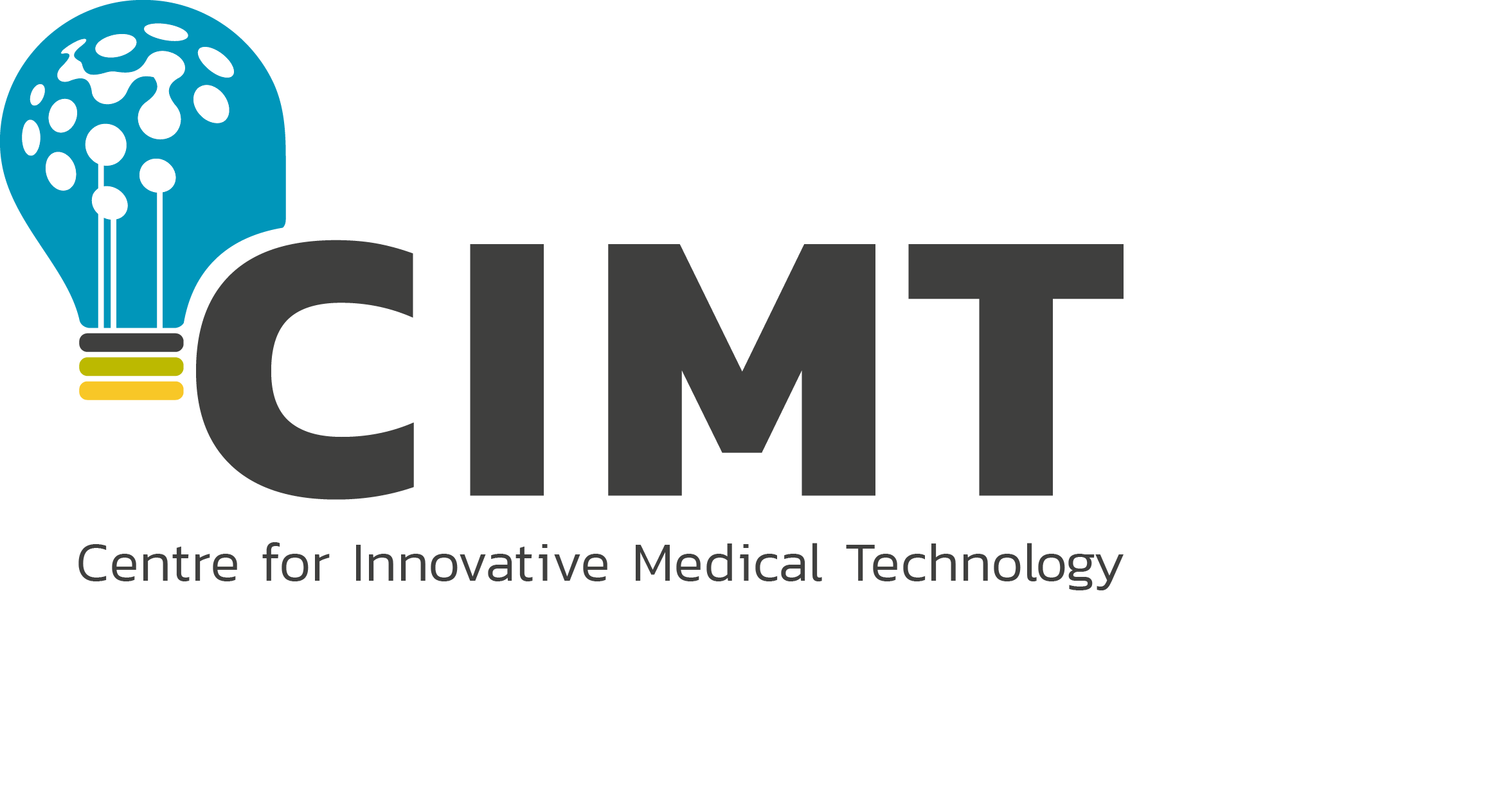Cost-effectiveness analysis of VR8
The VR8 project aims to develop a treatment method for patients dealing with anxiety disorders by using Virtual Reality (VR) for exposure therapy.
PROJECT PERIOD
Start: 2019
End: 2024
VR has previously proven to be an effective tool for exposure therapy, but there is a lack of research on how best to use VR to create better and more individualised treatment. VR8 will therefore connect an automated bio-feedback system to the VR exposure therapy, where the patient’s anxiety level is measured through heart rate, perspiration, eye movements and more.
The VR8 project consists of five work packages, which constitute different steps in the development, evaluation and implementation of the VR exposure therapy. The cost-effectiveness analysis is the fifth and final work package.
AIM
The analysis will show whether the VR8 intervention provides a societal benefit in the long term by investing in treatment that could potentially get patients back to work. The cost-effectiveness analysis will include direct costs associated with the patients’ use of the healthcare system, as well as indirect costs such as lost labour.
The cost-effectiveness analysis will be based on the results of a randomised study of the clinical effects. In addition, data will be collected from patients on:
- Time spent on VR treatment
- Other psychiatry treatment
- Treatment with own general practictioner
- Employment
- Sick leave from employment
The average treatment costs and indirect costs in the form of sick leave from employment will be calculated. When compared with the clinical data on the effect of the treatment, the cost-effect ratio will be calculated to give a total picture of the relationship between cost per patient and the achieved effect.
PARTNERS
The project is anchored at the Centre for Digital Psychiatry (CEDIP). Partners include the company iMotions and the Maersk Mc-Kinney Moller Institute, as well as the Department of Clinical Research and the Department of Psychology at the University of Southern Denmark (SDU).
CIMT is in charge of Work Package 5: Cost-effectiveness Analysis.
EXTERNAL FUNDING
The project is funded by the Innovation Fund

Kristian Kidholm
Professor, Head of Research
Centre for Innovative Medical Technology (CIMT). Odense University Hospital, Dept. of Clinical Development - Innovation, Research & HTA
(+45) 6541 7960 kristian.kidholm@rsyd.dk

Iben Fasterholdt
Senior Researcher, PhD
Odense University Hospital, Dept. of Clinical Development - Innovation, Research & HTA
(+45) 2979 6704 iben.fasterholdt@rsyd.dk
